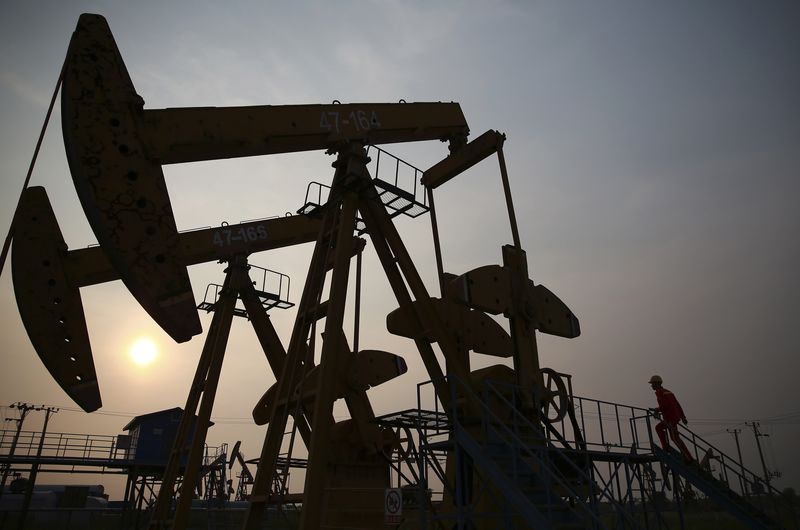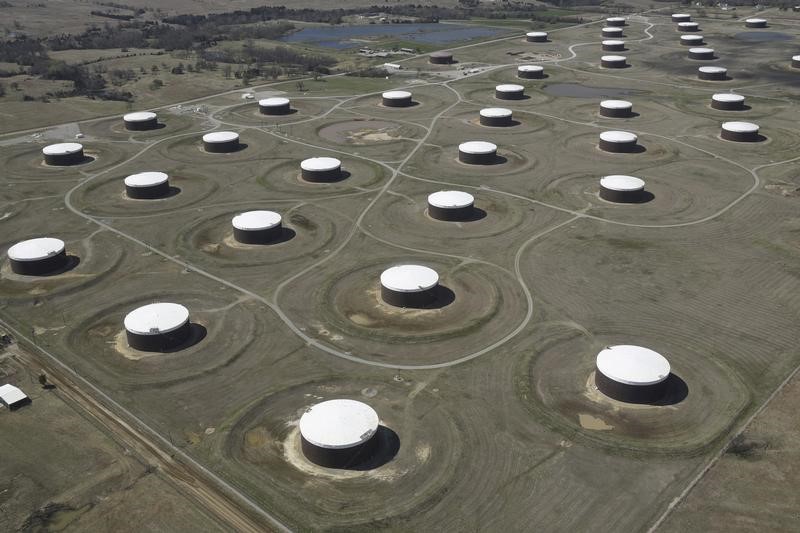Crude futures settled higher on Tuesday, as investors continued to cheer Saudi Arabia’s pledge to lower crude exports and Opec’s commitment to boost compliance with output cuts to curb excess supplies.
On the New York Mercantile Exchange crude futures for August delivery rose 3.3% to settle at $47.89 a barrel, while on London’s Intercontinental Exchange, Brent added 2.92% to trade at $50.02 a barrel.
At a gathering of ministers from major crude-producing nations in St. Petersburg, Russia on Monday, Saudi Energy Minister Khalid al-Falih said his country would limit crude oil exports at 6.6 million barrels per day (bpd) in August, almost 1 million bpd below levels a year ago.

The Saudi energy minster added that the production-cut agreement could be extended beyond March if necessary but any further extension would rely on non-compliant nations adhering to the agreement.
Opec’s compliance rate – with the deal to curb production –fell to 78% June, the IEA said in its report earlier this month.
Russian Energy Minister Alexander Novak said an additional 200,000 bpd of oil could be removed from the market if there is 100% compliance with the OPEC-led deal.
Despite the somewhat positive outcome of the meeting, Opec has its work cut out to curb excess supplies and lower crude stockpiles to the five-year average, which is the target level for Opec and non-Opec members.
Opec said that stocks held by industrial nations had fallen by 90 million barrels in the first six months of the year but were still 250 million barrels above the five-year average.
The rally in crude prices comes ahead of a fresh batch of inventory data from the Energy Information Administration (EIA) expected to show that U.S. crude stockpiles fell for a fourth-straight week.
